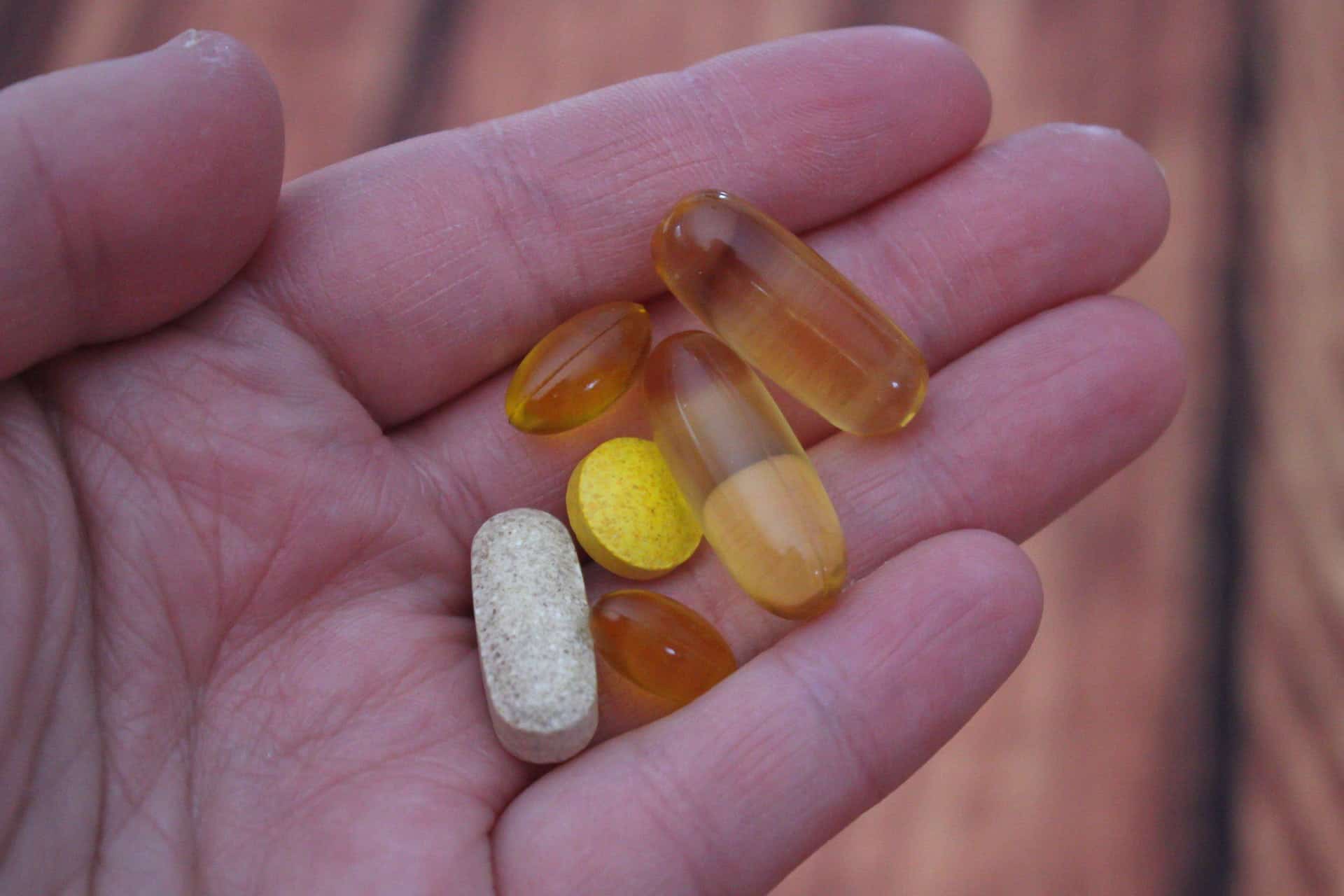
Vitamins are essential nutrients that keep the body healthy, but it is possible to have too much of a good thing. Taking too much of one vitamin can cause serious health problems, a condition generally referred to as hypervitaminosis or vitamin toxicity. Some dietary choices may also carry the risk of over-consumption of vitamins.
Overuse of vitamin supplements can be very dangerous. Some medications can also increase the risk of vitamin toxicity by increasing their absorption by the body or by containing vitamin-based compounds.
Vitamins are a group of essential nutrients needed to maintain a healthy body. Adequate amounts are important for maintaining a healthy brain, bones, skin and blood. Several vitamins also help with metabolic processes. Many vitamins are not made by the body and must be obtained from food or vitamin supplements, including:
Vitamin A is used by the body to improve vision, immune system responsiveness and normal organ function when consumed in moderate amounts.
The amount of vitamin A in a food or supplement is indicated by retinol activity equivalents (RAE), a measure of how easily various provitamin A compounds, such as beta-carotene, become vitamin A used by the body. It can also be listed in international units (IU),
The recommended dose of vitamin A from animal sources and retinoid-based supplements per day varies from person to person:
Excess vitamin A can adversely affect the skin, causing redness, irritation and sometimes even peeling. Routine, excessive intake of this vitamin can lead to other serious symptoms such as vision problems, nausea and dizziness, bone pain and, in extreme cases, even coma.
Sometimes a symptom of excessive beta-carotene intake, called carotenodermia, is yellow or orange coloring of the skin, but this condition is not dangerous.
It is worth paying attention to what supplements you take. If you are concerned about the health of your athlete, it is best to establish contact with your family doctor, who will order the appropriate tests. Perhaps specific ailments that are responsible for the symptoms will be detected. This will also allow you to verify the intensity and deficiencies of all vitamins in the body.
Above all, however, follow a rational diet, stop abusing supplements, etc., as a result, after some time your body should clear up.
main photo: unsplash.com/Kayla Maurais